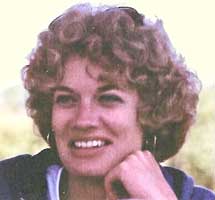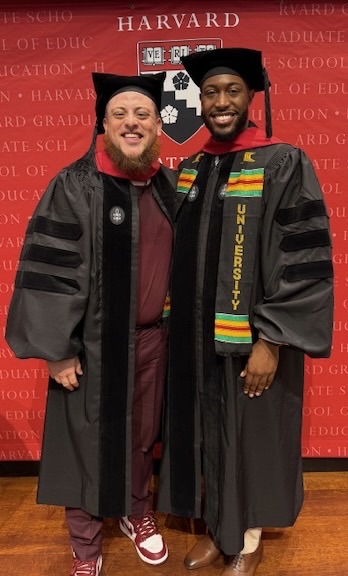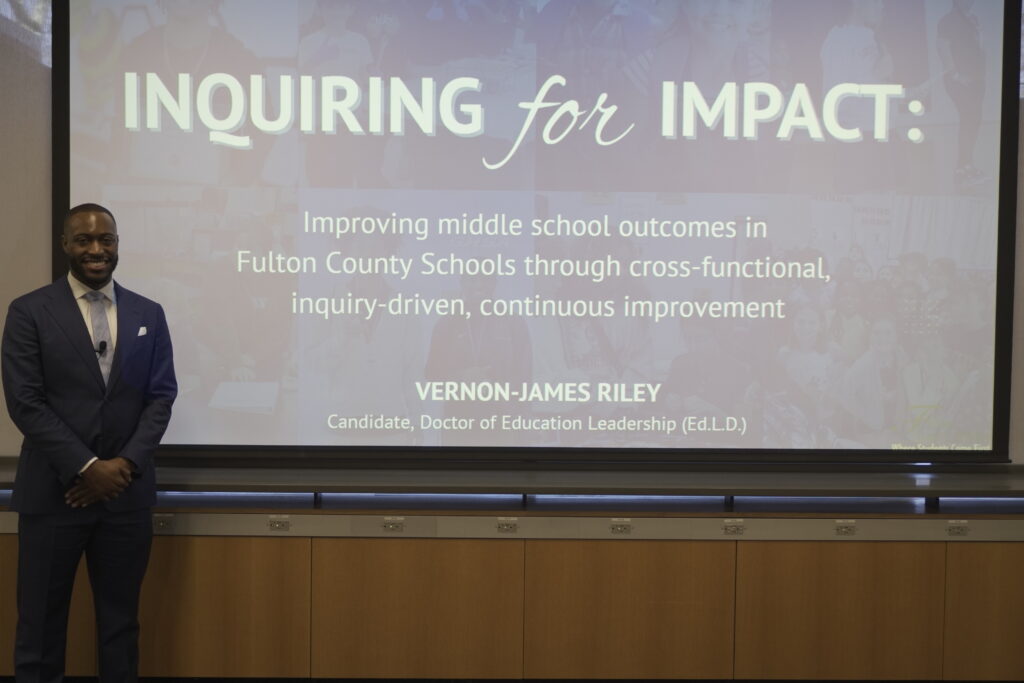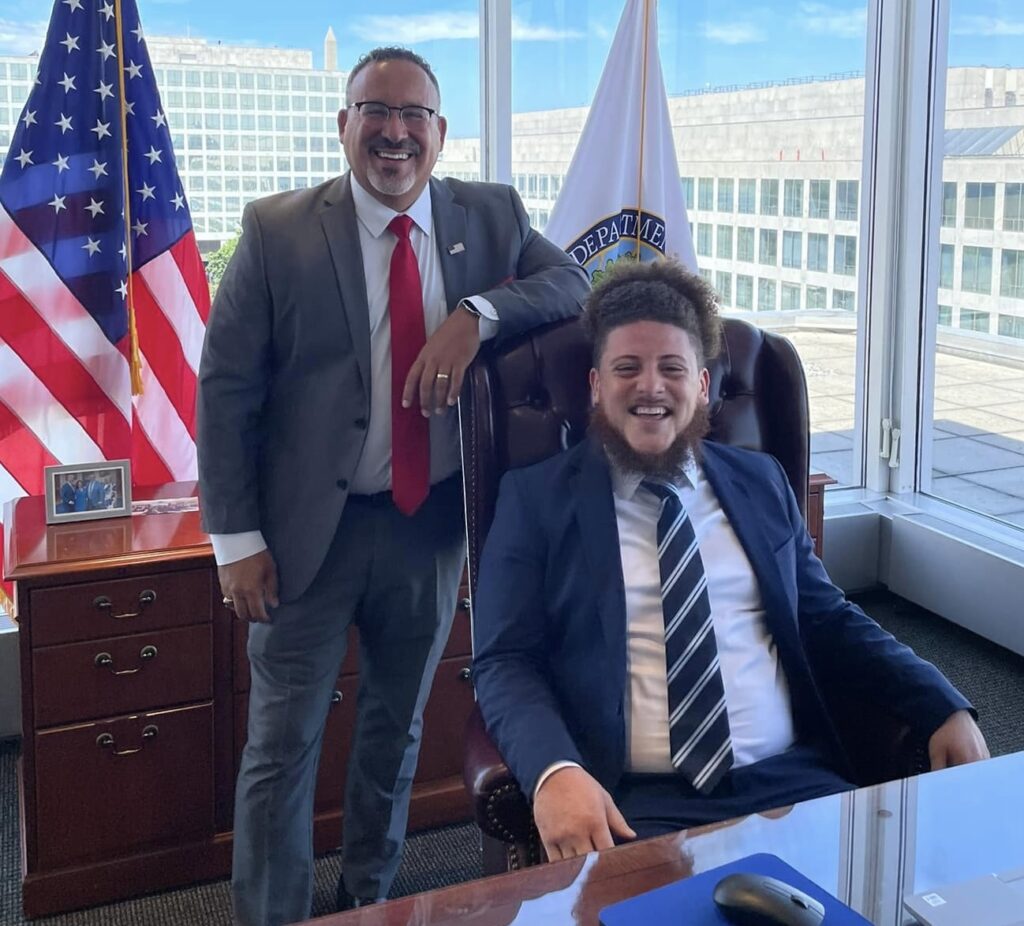What is a dual-language classroom? How does it help English speakers as well as English learners? How can teachers establish a strong bilingual classroom culture?
Alma Exley Scholar Soribel Torres-Jiménez answered these questions and many more at a dual-language educational conference in Albuquerque, New Mexico.
Ms. Torres-Jiménez, whom we honored in 2023, presented at the conference with her teaching partner, Yamailys Diodonet. They share a fourth-grade classroom at Roberto Clemente International Dual-Language School in Waterbury, Connecticut.

The annual La Cosecha Dual-Language Conference brings together bilingual and dual-language educators, researchers, and advocates from across the country. The conference is sponsored by Dual Language Education of New Mexico (DLeNM), which promotes bilingualism, biliteracy, and educational equity. “La Cosecha” means “the harvest” in Spanish, symbolizing the sharing of collective knowledge, experiences, and best practices to strengthen dual language education.
Said Ms. Torres-Jiménez, “Our presentation focused on our experiences as new dual-language teachers. We shared the lessons we have learned while building an effective and equitable bilingual program at our school.” They teach in a fourth-grade, dual-language classroom at Roberto Clemente International Dual Language School in Waterbury, Connecticut.
Their presentation covered:
- Establishing a strong bilingual classroom culture,
- Affirming students’ identities and home languages,
- Implementing effective biliteracy strategies in a 50/50 model,
- Collaborating successfully as co-teachers, and
- Supporting students academically in both English and Spanish.
How do the teachers cooperate in a dual-language classroom? They follow a 50/50 dual-language model. Students receive half of their instruction in English and half in Spanish. Ms. Diodonet teaches the Spanish-language component. Ms. Torres-Jiménez, who also happens to be bilingual in Spanish and English, teaches the English-language component.

Latin American clothing during Family Roots Day at their school (as their
school’s late namesake looks on).
Ensuring Academic Growth
“Yamailys and I work closely together to align our instruction, support our students’ academic growth, and ensure consistency across both languages,” Ms.Torres-Jiménez said. “This model allows students to develop strong literacy skills in both English and Spanish while valuing their cultural and linguistic identities.
“Presenting at La Cosecha allowed us to reflect on our teaching practices while learning from experienced educators from across the nation. We gained new insights into biliteracy development, culturally sustaining pedagogy, and program implementation.”

Increasing Student Engagement
“Our students are benefiting because we brought effective strategies back to our classroom, strengthening instruction in both languages. The conference reaffirmed the importance of honoring students’ linguistic and cultural identities. This increases student engagement, confidence, and academic success.”
Ms. Torres-Jiménez is a graduate of Career Academy, a public high school in Waterbury, and the University of Connecticut. She has a Bachelor of Science degree from UConn with a major in elementary education and a concentration in mathematics. She also has a Master of Science degree from UConn in Curriculum and Instruction.





